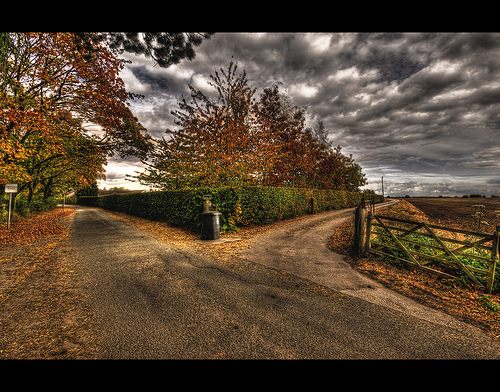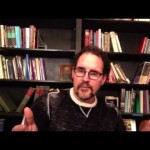We run our website the way we wished the whole internet worked: we provide high quality original content with no ads. We are funded solely by your direct support. Please consider supporting this project.

The God Who Over-Knows The Future
God perfectly knows from all time what will be, what would be, and what may be. He sovereignly sets parameters for all three categories. His knowledge of what might occur leaves him no less prepared for the future than his knowledge of determined aspects of creation. Because he is infinitely intelligent, he does not need to focus his attention on a limited set of possibilities as we do.
In other words, he is able to attend to each one of a trillion billion possibilities, as though it was the only possibility he had to consider. He is infinitely attentive to each and every one. Hence, whatever possibility ends up coming to pass, we may say that from all eternity God was preparing for just this possibility, as though it were the only possibility that could ever possibly occur.
Even when possibilities occur that are objectively improbable—and to this extent surprise or disappoint God—it is not at all the case the he is caught of guard. He is as perfectly prepared for the improbable as he is for the probable.
We humans with our limited intelligence could not as confidently attend to a trillion billion possibilities as easily, and as perfectly, as we could attend to one certainty. Indeed, our focus is divided in half the second we have to attend to two possibilities instead of one certainty. And we humans with our limited wisdom and power could not assure anyone of a certain outcome unless we exhaustively controlled all of the variables.
Hence it is tempting to project our experience upon God and assume that God must face similar difficulties. Those who criticize Open Theism often assume that God (like a finite human) can be assured of ultimate victory only if he controls all the variables. Hence, they criticize a concept of God who is not all-controlling as being out of control.
The open view of the future does not undermine God’s wisdom and sovereign control: it rather infinitely exalts it. In this view God does not know less than the classical view: he knows more. He does not under-know the future, as it were: he over-knows it.
Adapted from Satan and the Problem of Evil, pages 128-130
Image by Bs0u10e0 via Flickr.
Category: General
Tags: God's Sovereignty, Open Theism, Possibility, Providence
Topics: Free Will and the Future
Related Reading

Greg on the Open View: Video One
By popular demand, we’re sharing the first of Greg’s video presentations on the Open View of the future. If you enjoy it, you can find the rest of the series entitled A Flexible Sovereignty: A Biblical Understanding of Providence and the Nature of the Future by clicking here. This video was recorded in 2008 at Azuza…

How do you respond to Genesis 25:23?
The Lord told Rebekah, “Two nations are in your womb, and two peoples born of you shall be divided; the one shall be stronger than the other, the elder shall serve the younger.” (cf. Rom. 9:12–16) Old Testament scholars agree that the author (and later, Paul in Romans 9) has the descendants of Jacob and…

Free Will: An Aesthetic Model
Greg continues his thoughts on free will by offering an aesthetic model for free will. This one gets pretty philosophical, but it’s worth toughing it out.

How do I avoid feeling like God is absent?
Question: I used to see God involved in everything and used to believe every event expressed God’s will. After my wife and I lost our child in a tragic accident, and as a result of reading your books (especially Is God to Blame?), I came to embrace the warfare worldview and the open view of…

Did Free Will Evolve? (podcast)
Greg considers how free will emerged from the churning chaos of evolution.. Episode 613 http://traffic.libsyn.com/askgregboyd/Episode_0613.mp3

Isn’t Open Theism outside of historic orthodoxy?
The Church has never used one’s view of divine foreknowledge as a test for orthodoxy. And while the open view has always been a very minor perspective, it has had its defenders throughout Church history and it has never been called “heresy” (until in mid 1990s when some started using this label). According to some…
